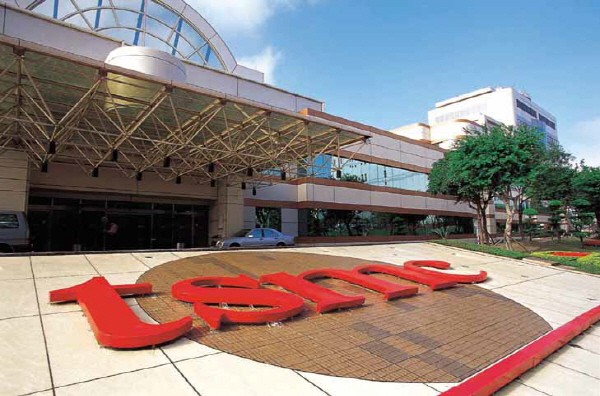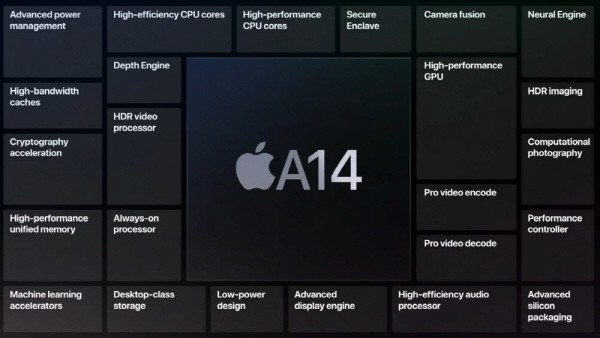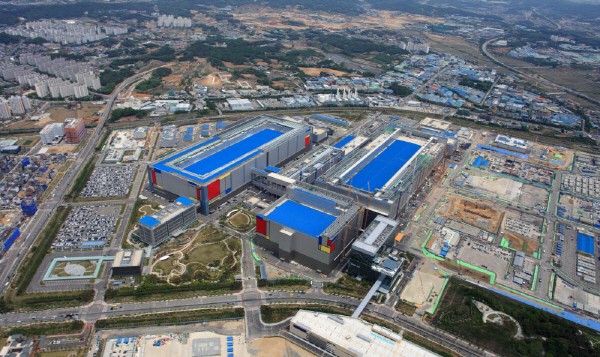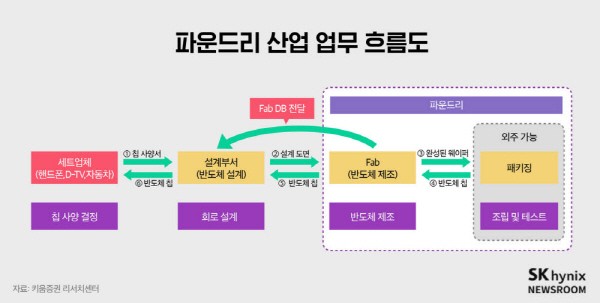With agreement with customers, TSMC plans to ramp-up in July next year
Samsung Electronics aims to produce first-generation products next year
Opportunity to take first place in the one-on-one confron

Taiwan's TSMC, the world's largest foundry company, has stood on the test bed for mass production of 3-nano (nm) semiconductors. It was found that development is taking longer than the previous 7-nano and 5-nano processes due to the high level of technical difficulty. It is gaining attention whether it will be beneficial to Samsung Electronics, which is competing with TSMC for the commercialization of 3-nano semiconductors.
According to the industry on the 31st, TSMC announced the delay in mass production of 3-nano semiconductors during the second quarter earnings conference call. Unlike the past, which started production in the second quarter, 3nm announced that it plans to 'ramp-up (Bring up the production capability before it’s actual production)' in July next year.
TSMC started production of 7-nano and 5-nano semiconductors in the second quarter of 2018 and the second quarter of 2020, respectively. As a result, product shipments were also reflected in the second quarter.
However, to the question of an analyst who asked why mass production of 3nm seems to be delayed compared to previous processes, TSMC CEO C. C. Wei said, “It is true that about 3 to 4 months is a delay as compared with 5-nanometer. Because of technical difficulty of 3-nano process, we have come to conclusion with our customer to start production in second half of next year.”
TSMC has worked with Apple to develop ultra-fine processes so far. Whenever the latest 7nm and 5nm processes were completed, Apple entrusted TSMC to manufacture the iPhone application processor (AP) and installed it in the latest iPhone. The intention was to launch an iPhone with differentiated performance by making an AP with the most advanced semiconductor manufacturing technology. In semiconductors, as the circuit becomes finer, the integration of the transistors increases and the performance improves.
The cooperation between TSMC and Apple created synergy by matching interests between finished product companies that need high-performance semiconductors and foundry companies that want to secure large customers with the latest semiconductor processes. TSMC succeeded in mass production and miniaturization of new chips in every second quarter after two years, and Apple has released a new iPhone with superior performance in the third quarter.
However, at 3nm, changes are inevitable. Due to changes in TSMC's 3nm semiconductor mass production schedule, the release date of the finished product is expected to be adjusted. TSMC did not disclose specific customers, but if Apple is a 3nm foundry customer, it is possible that next year's new iPhone will be released in the fourth quarter. Even if a company other than Apple is TSMC's 3nm customer, a new ultra-fine semiconductor ordering company will appear, which is expected to have a significant impact on the IT industry including semiconductors.

Attention is focused on the 3nm mass production competition. Only TSMC and Samsung Electronics around the world are challenging the mass production of 3-nano semiconductors in 2022. TSMC, the world's No. 1 foundry company, and Samsung Electronics, the No. 1 memory company are spending astronomical amount of money to challenge this process. Intel has also entered the 3nm race, but the target is for 2023.
Since TSMC and Samsung Electronics are in a confrontation,TSMC's 3-nm mass production delayed by about one quarter is drawing attention if it will work in favor of Samsung Electronics. Samsung Electronics has not yet revealed a specific 3nm operation time. At a conference call for announcing its earnings in the second quarter of last year, Samsung said, "We plan to mass-produce 3nm first-generation products with GAA (gate all-around) process applied next year, and our goal is to mass-produce GAA-applied 3nm second-generation products in 2023." .
Just as TSMC is struggling to develop a 3-nano process due to technical difficulties, Samsung Electronics may also experience similar difficulties.
There is a difference between TSMC 3nm and Samsung Electronics 3nm. TSMC uses a FinFET process, and Samsung Electronics plans to introduce GAA. FinFET and GAA have different transistor structures. GAA 3nm is the world's first attempt. Both companies are pursuing development with the goal of more efficient current control.


By Staff Reporter Gunil Yun (benyun@etnews.com)